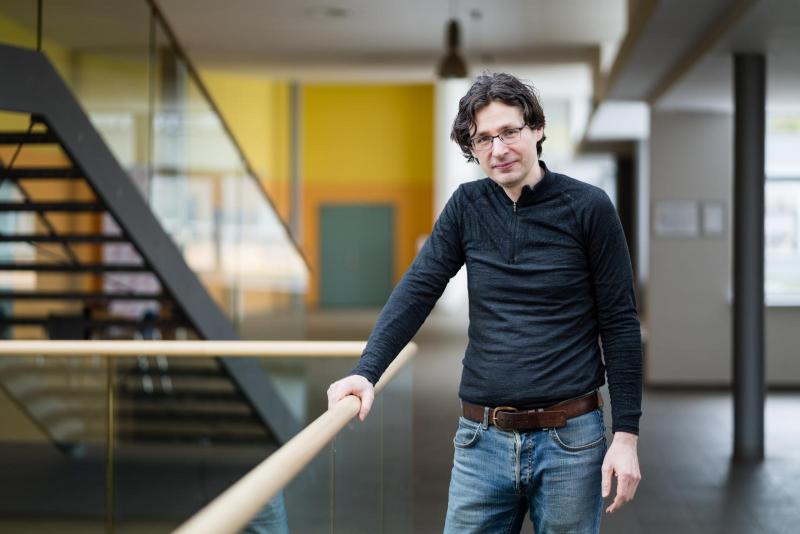Ideas and discoveries
How much is a company's reputation worth? The price is calculated by the method from FB BUT

A new method of brand valuation based on potential market risks may offer an answer. The authors of the new concept of brand valuation, which was published in the prestigious journal Oeconomia Copernicana, are three researchers from the FB (Faculty of Business) at the BUT (Brno University of Technology) – Roman Skalický, Tomáš Meluzín and Marek Zinecker.
The need for brand valuation arose in the 1980s when some of the companies owning popular brands ran into financial difficulties. “Based on the economic balance sheets, it looked like the companies were worthless. But they had brands in their portfolio that were valuable. Whoever got them could then very easily follow up on the sale of that product or service. However, the value of the brand was not shown in the accounting at that time. And from this disproportion arose the need to assign a price tag to the brands,” explains Roman Skalický from the Institute of Economics of the FB BUT, who also works as a forensic expert for business valuation.
The three most widely used valuation methods – equity, income and comparative – date from the same period. They focus on sales volumes, changes in customer behaviour or price trends. “The disadvantage of these older methods is inaccuracy – if two people use the same approach, they often get completely different results,” Skalický adds. That is why he and his colleagues from FB BUT, Tomáš Meluzín and Mark Zinecker, decided to develop a fourth method based on comparing the level of risk overcome.
The new valuation concept has the advantage of greater quantifiability. It follows the income approach to business valuation, which is based on a financial plan. However, it relies on the fact that the entrepreneur must overcome the initial higher risk when establishing a new brand and therefore must demand a higher return at the beginning. It is the degree of this initial risk that is overcome that then enters into the financial valuation of established brands.
“If you have been running an established restaurant for several years, of course you also face the risk of going out of business. But you already have your clientele, employees, suppliers and reputation. This will make the results a little more predictable. If I want to set up a similar restaurant, I will face much more uncertainty and therefore take much more risk than you. The results will be less predictable. Despite this differentiation in the risks taken, we can appreciate the value of an established restaurant. It could also be summarized as the difference between what has already been tried and tested in practice and what is still waiting to be tested,” Skalický explains with an example.
The brand does not denote something superior or premium in this concept. It reflects the proven track record and awareness among customers who already know what they can count on. It is used for more accurate reporting of the company's economic results, or in the case of the arrival or departure of a new investor. An accurate valuation is also needed when a company is considering transferring its name to someone else.
The brand valuation method working with the level of risk overcome is applicable in all areas where the open market operates. But now the authors want to develop the method so that it can be applied to closed markets, which are not easy for start-up companies to penetrate.
Poor working conditions and utopianisation of work – research from FBM BUT shows the limits of creative indtustries
Women from BUT who move the world of science and technology
ARGO underwater: Prototype of student submarine on display at IDET Fair
She took up sport shooting when she was almost an adult. Today, as a student at the Faculty of Business and Management at BUT, she is a European champion.
Radim Bondy: The current energy crisis is a trial by fire for glass workers